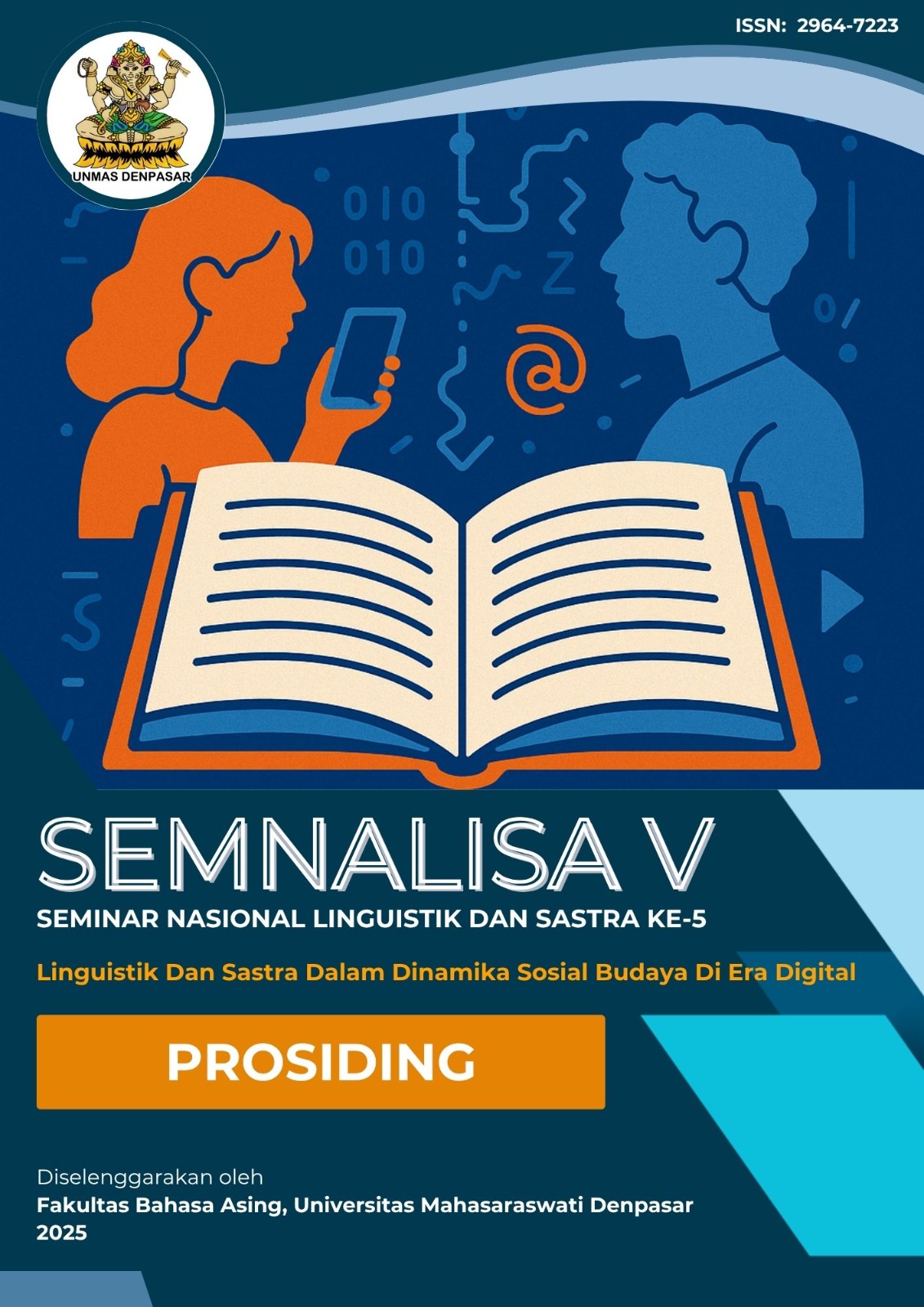A PSYCHOANALYTIC APPROACH IN LITERARY STUDY FROM DIFFERENT PERSPECTIVES: A CONCEPTUAL PAPER
Keywords:
psychoanalysis; unconsciousness; archetype; ego defense mechanisms; literary psychologyAbstract
Abstract:
This study examines literary studies' use of psychoanalytic theories from the perspectives of Anna Freud, Carl Jung, and Sigmund Freud. These theories deal with unconscious conflicts, Sigmund Freud emphasized the function of the id, ego, and superego in psychological frameworks and self-defense strategies. Therefore, Carl Jung initially stated that the collective unconscious includes general concepts and symbolism that influence the human experience. However, Anna Freud, developed psychoanalytic theory in the context of child development, focusing on the defense mechanisms of the ego and the environment's role in psychological development. Meanwhile, Anna Freud emphasized the impact of the surroundings on child growth and development, Freud focused on unconscious conflict and adult personality, and Jung focused on the evolutionary legacies and symbolism. Meanwhile, literary studies using the psychoanalytic theory provide significant perspectives of individual psychological theory and how it can be used to explain the movements and personalities of fictional narratives. The study improves the understanding of psychoanalytic perspectives. In short, the research findings indicate that even though all three theories have a psychoanalytic foundation, their areas of focus are different.




